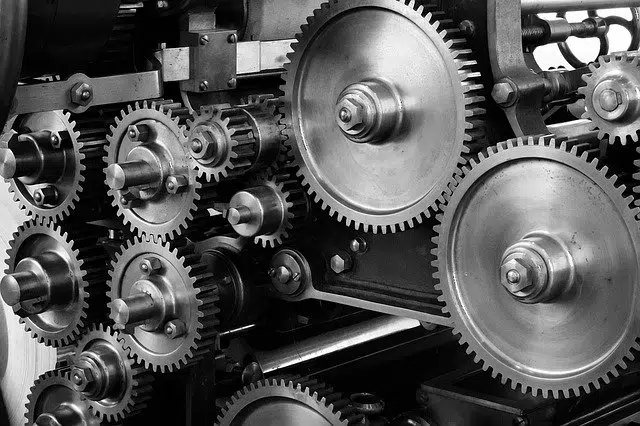
Dynamics is a branch of mechanics.
The word dynamos , which comes from Greek, is where the concept of dynamics that we know today arises. A term hellene that can be translated as strength or power, and that is closely related to one of the various meanings that the term has that we are going to analyze in depth at this time.
The Royal Spanish Academy (RAE) mentions six meanings of the term dynamics, which demonstrates the diversity of meanings of the concept. It may be something linked to force when it generates some type of movement ; of the structure of forces that are oriented towards a goal ; of the intensity that an activity or action can reach ; or the branch of mechanics that is responsible for the principles that regulate movement according to the forces that generate it.
For example: "I think the mayor fails to understand the political dynamics of current national affairs" , "This team lacks dynamics to achieve fluid functioning" , "I like the dynamics of this company" , "If you don't join the dynamics of the group, you will have serious problems with the authorities .
The concept applied to people and groups
When the word dynamic is used as an adjective and said of a person, it refers to their great energy or vitality . This adjective is frequent in the field of sport: «López is a player with good dynamics» , «The dynamic that Pereira brought to the team was key» .
In relation to this more human and personal meaning that we are talking about, it is important that we underline a concept that is increasingly used more frequently: group dynamics . These are, neither more nor less, than a set of activities that are developed within a group of individuals with the clear objective of entertaining or instilling values, among other factors.
Among them, it should be noted that there is a large number of them, among which, for example, presentation calls would stand out. These are held at the beginning of a course or a meeting and basically aim for the members of said meetings to get to know each other quickly through the individual presentation of each one, their most important characteristics, their hobbies or their tastes. .
However, we must not forget that the dynamics of relaxation that are used to encourage participation and communication, those of cooperation whose objective is to learn to work in a group, or those of knowledge are also often used very frequently. The latter have the mission of ensuring that each of the participating members knows their colleagues very well.

When a force produces a movement, it generates a dynamic.
Dynamics according to physics
On the other hand, dynamics is the aspect of physics that is dedicated to analyzing and describing how a system evolves in a certain period of time according to those causes that produce changes in its state.
The objective of dynamics, in this sense, is to explain and quantify which factors can generate a change in a physical system. Through various equations, physicists can thus estimate how a dynamical system will evolve.
